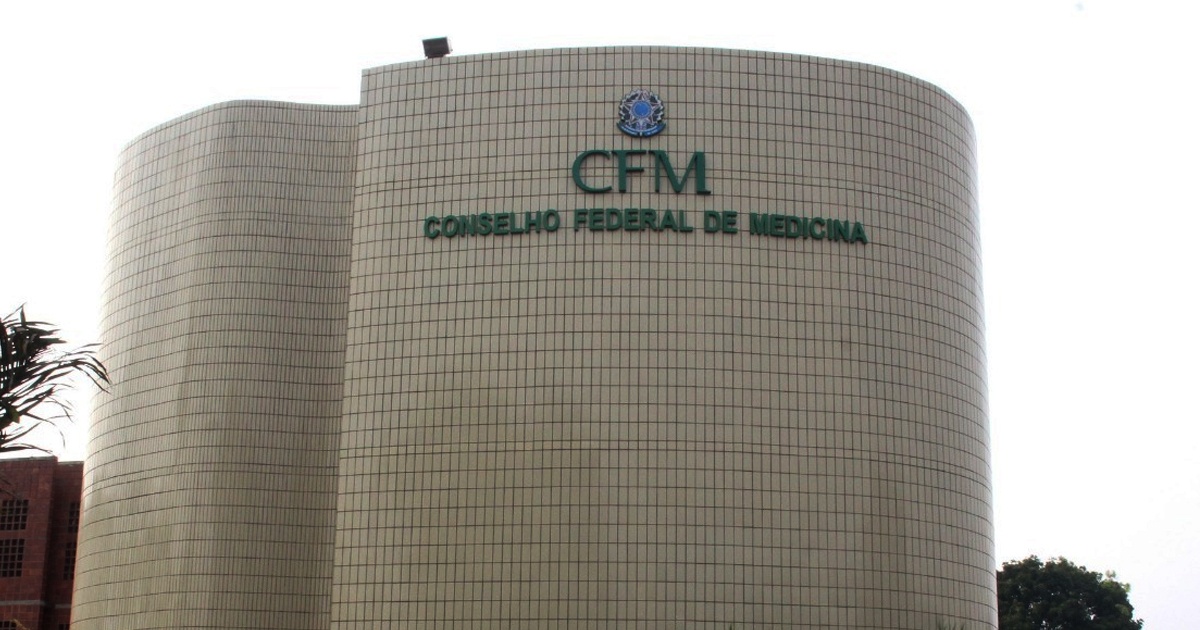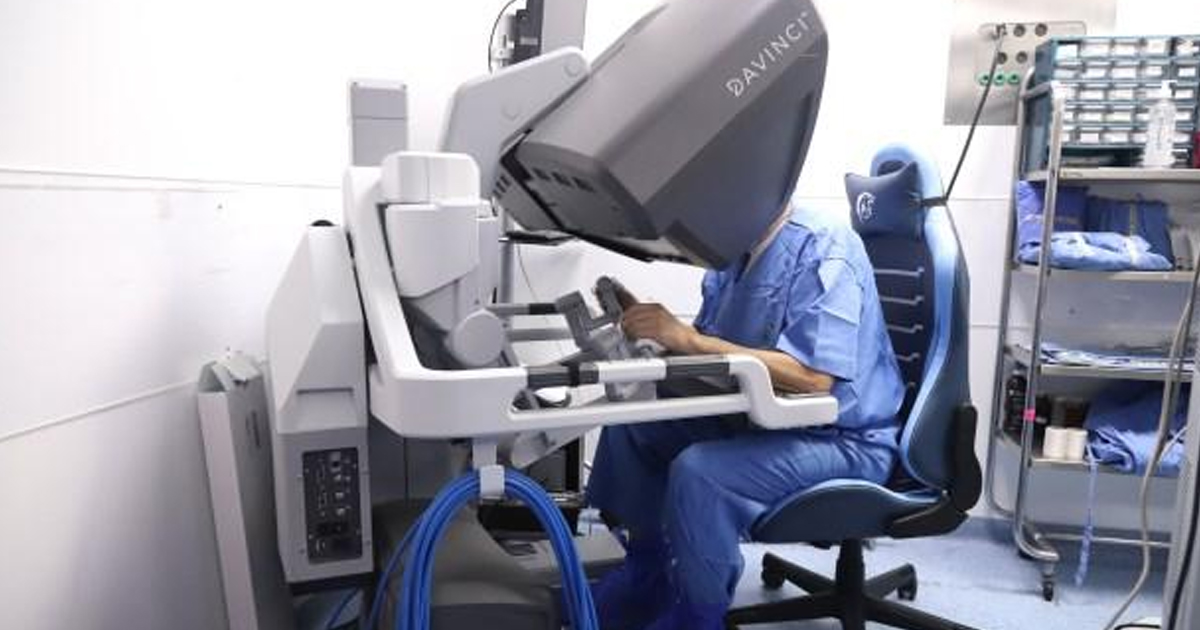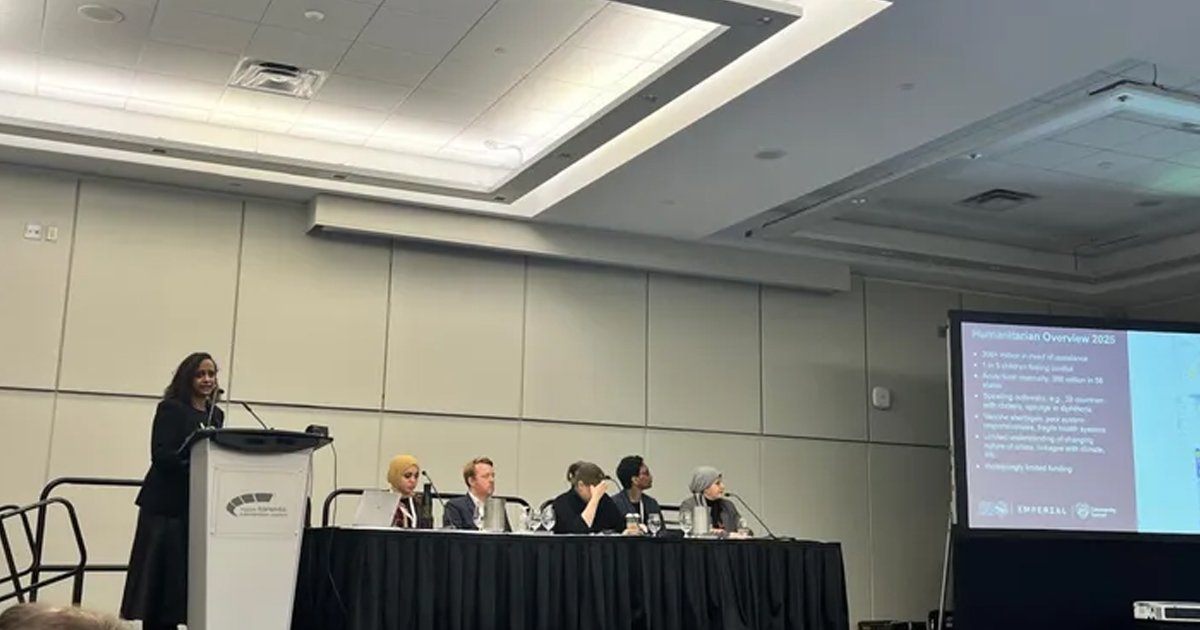El Consejo Federal de Medicina (CFM) busca que la resolución de emergencia que aprueba el uso de telemedicina durante la emergencia sanitaria por COVID-19, sea ahora una realidad permanente.
El 20 de marzo pasado el Ministerio de Salud autorizó el uso de la telemedicine de manera temporal durante la pandemia de COVID-19, fue a través del Diario Oficial de Unión en la Ordenanza N° 467 donde se estableció con “carácter excepcional y temporal, las acciones de Telemedicine, con el objetivo de regular y operativizar las medidas para atender la emergencia de salud pública internacional”.
Previamente en Brasil se había promulgado la Ley N° 13.979, el 6 de febrero, y esta contemplaba la necesidad de regular y realizar medidas para atender la emergencia de salud pública, con el objetivo de reducir la circulación de personas expuestas a COVID-19, como explica el artículo.
Además, continuando sobre el mismo camino, el CFM en la resolución No. 1.643 / 2002 del CFM reconocían la posibilidad ética del uso de la Telemedicine con carácter excepcional y mientras continúen las medidas para enfrentar el COVID-19:
“Las acciones de Telemedicine de interacción a distancia podrán incluir atención preclínica, apoyo asistencial, consulta, seguimiento y diagnóstico, a través de tecnologías de la información y la comunicación, en el ámbito del SUS (Sistema Único de Salud), así como en salud complementaria y baño”, indica el artículo 2 de la resolución.

En el artículo 5 menciona que los médicos podrán, en el ámbito de la atención de Telemedicine, emitir certificados o recetas médicas en medios electrónicos. Sin embargo, posteriormente fue modificada la Ley N ° 13.989, que removió algunos artículos como el que incluía la expedición de recetas médicas electrónicas. Esta ley fue sancionada por el presidente Jair Bolsonaro el 15 de abril y decretaba la autorización en el uso de telemedicine durante la emergencia sanitaria.
Ahora, el Consejo Federal de Medicina se encuentra elaborando un proyecto que plantea promover un estándar ético, técnico y seguro para la práctica de la telemedicine y que será debatido los próximos meses.
El Primer vicepresidente del CFM y coordinador de la Comisión Especial, Donizetti Giamberardino Filho, mencionó que el primer principio que guía la preparación de esta nueva resolución se enfoca en la relación médico-paciente: “Este es el principal valor de la profesión médica, y es a través de esta relación que se establece la confianza necesaria. El patrón oro es la atención presencial. La telemedicine tiene que venir como tecnología, con el objetivo principalmente de facilitar el acceso”.
También expresó los beneficios que se pueden obtener a través de la telemedicine: “puede, por ejemplo, transferir conocimientos entre centros médicos, o incluso evitar el desplazamiento de personas que recorren 400 kilómetros solo para tener una receta. Son cosas que pueden ayudar a mejorar el sistema de salud colectiva y el SUS”.
Otro de los tópicos que se han estudiado desde la Comisión Especial es la ética médica y el cuidado de la privacidad y datos de los usuarios. Por lo que sugieren que previo a una consulta a distancia, se realice una presencial para asegurar un diagnóstico y una receta más efectiva.
Actualmente, la Comisión Especial del CFM formada por 11 especialistas, evalúa más de 2 mil propuestas realizadas por médicos del sistema de salud público y de servicios privados.







